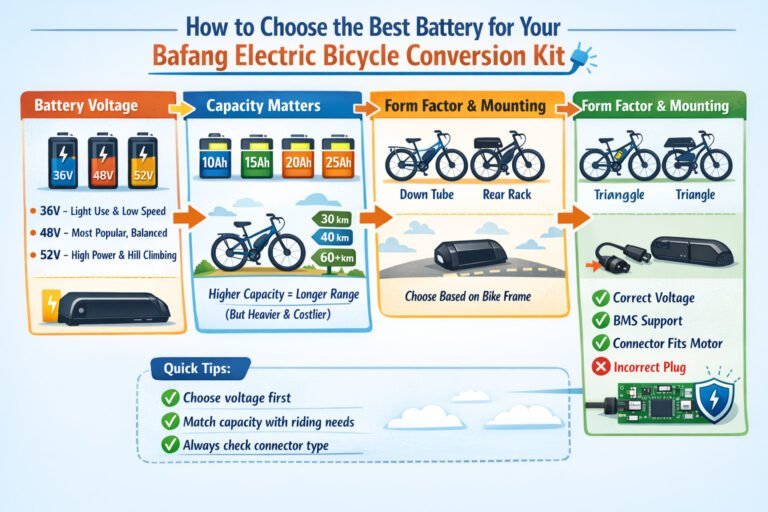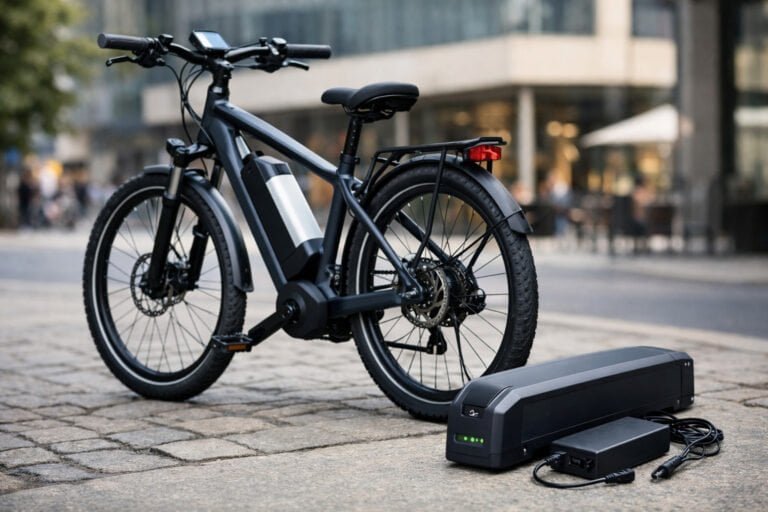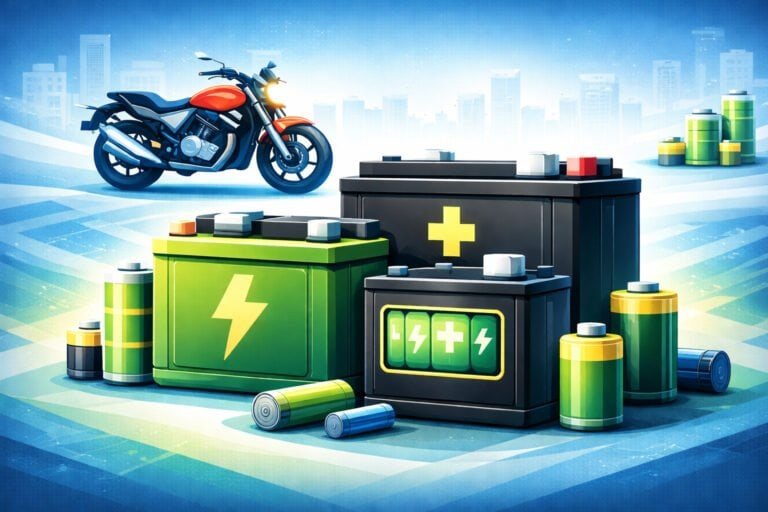USV Battery Selection Guide: Endurance, Safety & Reliability Are Key
How to Choose the Optimal Power Battery for Unmanned Surface Vehicles (USVs)
As USVs become widely adopted for marine surveying, environmental monitoring, and security patrols, selecting the right battery—their core power source—is critical. Different battery types vary significantly in endurance, safety, and environmental adaptability. This guide provides professional insights for optimal selection.

Core Requirements for USV Batteries
USVs demand batteries with exceptional performance for prolonged aquatic operations:
High Energy Density: Ensures extended endurance, minimizing recharge/replacement needs
Water & Corrosion Resistance: Withstands humid, saline environments
Stable Discharge: Prevents voltage drops that could disrupt operations
Lightweight Design: Reduces vessel load and enhances maneuverability
Comparison of Main USV Battery Types
| Battery Type | Pros | Cons | Best For |
| LiFePO₄ | High safety, 2000+ cycles, heat-resistant | Lower energy density, poor cold performance | Long-endurance missions, deep-sea exploration |
| NMC/NCA | High energy density, cold-resistant | Safety risks, shorter lifespan (800-1200 cycles) | High-speed USVs, short-duration tasks |
| Solid-State (Emerging) | Ultra-high energy density, leak-proof | High cost, limited commercialization | Future premium USVs |
3. 5 Key Factors for USV Battery Selection
(1) Endurance: Match Energy Density & Capacity
Calculate daily power consumption; select 1.5x redundancy.
For long missions (e.g., ocean monitoring), prioritize high-density LiFePO₄ (180Wh/kg+).
(2) Water & Corrosion Resistance
Choose IP67+ rated enclosures to prevent water damage.
Opt for salt-spray-resistant coatings for marine environments.
(3) Temperature Adaptability
Cold climates (e.g., polar research): Select low-temperature LiFePO₄ (-30°C operable).
Hot climates (e.g., equatorial zones): Ensure active/passive cooling systems.
(4) Safety & Reliability
Battery Management System (BMS) is mandatory for overcharge/discharge protection.
Verify UN38.3, CE, UL certifications.
(5) Brand & After-Sales Support
Prioritize established brands or USV-specialized manufacturers.
Demand 2+ years warranty and remote diagnostics.
Conclusion
USV batteries require balanced consideration of endurance, environmental resilience, and safety. Select battery types based on operational scenarios and partner with proven suppliers for reliable performance.
About First Power(Yizhan)
First Power(Yizhan) delivers high-safety, long-cycle LiFePO₄ battery systems tailored for USVs in diverse marine applications.
For custom solutions, contact:
Email: sales@firstpower.com
Website: www.firstpower.com






